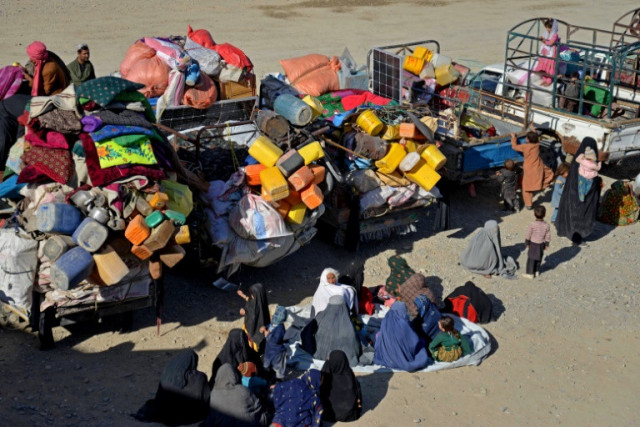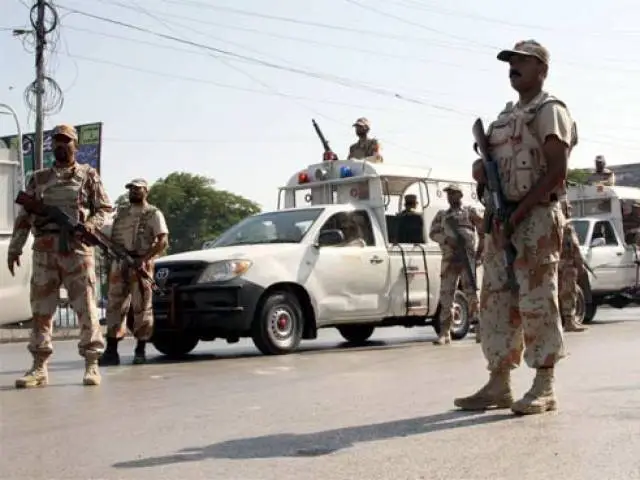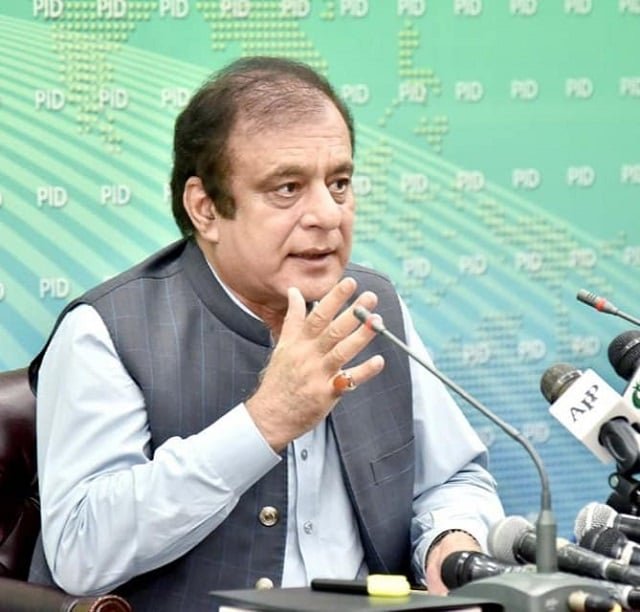The Rising Tide of Afghan Deportations: What You Need to Know
Recent news from Peshawar, Pakistan, has highlighted a troubling trend: documented Afghan refugees are facing deportations ahead of a stated deadline. The United Nations reports that this could lead to the expulsion of over 1 million Afghans from Pakistan. As the situation unfolds, it’s essential to understand the implications not just for those directly affected but for regional stability as a whole.
The United Nations High Commissioner for Refugees (UNHCR) has voiced serious concerns about these deportations, stating that they could compromise international obligations. The organization has called on the Pakistani government to adopt a more humane approach for the refugees, emphasizing the need for voluntary and dignified returns.
As of August 4, reports indicate that hundreds of legally registered Afghans have already been detained and sent back to their homeland. The urgent timeline set by Pakistan raises fears that many will be forced to leave without adequate preparation, complicating their re-entry into an already fragile Afghanistan. Qaisar Khan Afridi, a UNHCR spokesman, noted that such rapid and massive returns could endanger lives and sow further instability in the region.
Afghanistan has countered these claims, calling the actions of Pakistan "forced deportation." Moreover, many Afghans face an additional challenge, as there are reports of mass deportations occurring from neighboring Iran. Humanitarian organizations are anxious about how this influx of individuals back into Afghanistan could strain resources and worsen existing challenges within the country.
So, what can we do in light of these events? Staying informed is the first step. Engaging with organizations that advocate for refugee rights can provide avenues for positive change. It’s crucial to amplify the voices of those affected and support meaningful dialogue about humane treatment and policies.
In times like these, connection and support are vital. If you’re interested in learning more about humanitarian efforts and how you can contribute, consider exploring resources from organizations like Pro21st. Together, we can work towards a more compassionate outcome for those displaced by conflict.
At Pro21st, we believe in sharing updates that matter.
Stay connected for more real conversations, fresh insights, and 21st-century perspectives.





